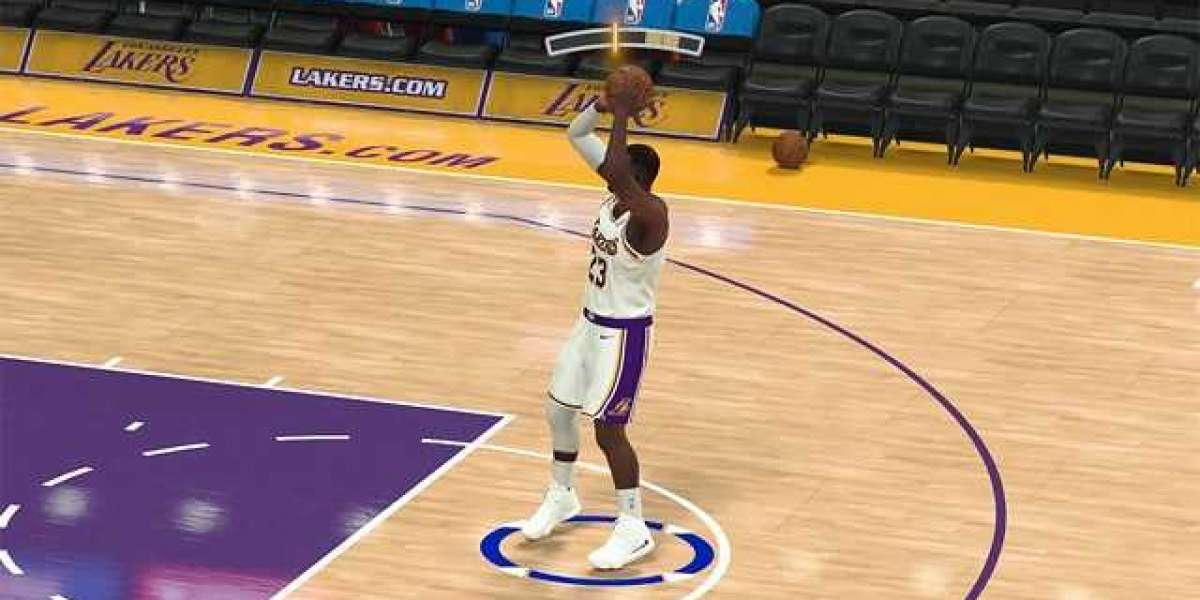If you've ever watched a poker tournament on TV and wondered how to play, you're in the right place. In this beginner's guide, we'll walk you through the basics of poker, from understanding the hands to mastering the art of the bluff. Get ready to learn how to play like a pro!
1.Online Poker
If you're just starting, consider playing online. It's a great way to practice without the pressure of a live game. There are many online poker platforms that offer a variety of games and stakes.
Now that you have the basics, it's time to get in on the action. Remember that poker is not just about the cards you hold but also about the strategies you employ and the ability to read your opponents. So, gather your chips, bluff with confidence, and may the best hand win! View more , if you want to learn more about the casino world, not just poker.
2. Poker Hands
Before you dive into the world of poker, you need to understand the different hands and their rankings. Here's a quick rundown from the highest to the lowest:
- Royal Flush: A, K, Q, J, 10, all of the same suit.
- Straight Flush: Five consecutive cards of the same suit.
- Four of a Kind: Four cards of the same rank.
- Full House: Three of a kind and a pair.
- Flush: Five cards of the same suit, not in sequence.
- Straight: Five consecutive cards of different suits.
- Three of a Kind: Three cards of the same rank.
- Two Pair: Two sets of pairs.
- One Pair: Two cards of the same rank.
- High Card: The highest card in your hand if none of the above combinations are achieved.
3. Poker Variants
Poker comes in various forms, and each variant has its own set of rules. The most popular variants include:
- Texas Hold'em: Players are dealt two private cards and share five community cards.
- Omaha: Similar to Texas Hold'em, but players receive four private cards, and they must use exactly two of them in combination with three of the five community cards.
- Seven-Card Stud: Players are dealt seven cards, three face-down and four face-up, and must use the best combination of five.
- Five-Card Draw: Each player receives five cards, and they can exchange some or all of them for new cards.
- Pineapple: Similar to Texas Hold'em, but players get three hole cards and must discard one after the flop.
4. Betting Rounds
Poker consists of multiple betting rounds. Understanding these rounds is crucial to mastering the game:
- Ante: A small forced bet placed by every player before the cards are dealt.
- Blinds: In games like Texas Hold'em, two players post blind bets to initiate the betting.
- Flop: Three community cards are revealed.
- Turn: A fourth community card is revealed.
- River: The fifth and final community card is revealed.
5. Poker Strategy
Winning at poker involves more than luck. Here are some strategic tips to keep in mind:
Starting Hands: Be selective with your starting hands. Play strong hands aggressively and fold weak ones.
Position: Your position at the table matters. Players in later positions have more information and can make better decisions.
Reading Your Opponents: Pay attention to your opponents' behavior. Look for signs of strength or weakness, and use that information to your advantage.
Bluffing: Bluff sparingly. Effective bluffs can lead to big wins, but overdoing it can be your downfall.
Bankroll Management: Set a budget and stick to it. Never bet more than you can afford to lose.
Practice: The more you play, the better you'll become. Practice online or with friends to hone your skills.









